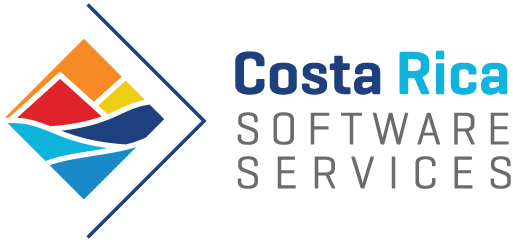The Business Benefits of Cloud Computing are significant. Some of the primary advantages of Cloud Computing include cost, scalability, and flexibility.
What is Cloud Computing?
Cloud computing is the delivery of computing services over the Internet (aka “the cloud”). Computing services include what in the past resided locally (on a computer or server combined with software), but now resides in the Cloud. Cloud services such as servers, databases, analytics, and software give business users computing resources they can access quickly and scale efficiently.
What are some of the top benefits of Cloud Computing for Business?
Cost, speed, scalability, reliability, and security are among the top benefits of Cloud Computing for Business users.
- Cost: Cloud Computing takes away the upfront capital expense of buying and maintaining hardware and software. In addition, with cloud computing businesses only pay for what they use.
- Efficiency: Set-up of cloud computing business resources can be done quickly and on demand. Using self-serve cloud computing tools, businesses can provision large computing resources within minutes.
- Scalability: As businesses grow, cloud computing can adapt to changing business requirements. Increased IT resources can be scaled up or down, on demand.
- Reliability: Because features like data backup, redundancy, and disaster recovery are built-in, cloud computing is a safe choice for businesses.
- Security: Most cloud providers provide integrated security and tools that help protect data, applications, and infrastructure from potential cybersecurity attacks.
Public vs Private Cloud Computing
There are different ways to implement cloud computing, which provides businesses with the flexibility to determine what’s best given a particular use case. Public cloud, private cloud, and hybrid cloud are three types of deployments.
Public clouds are owned and operated by third-party providers such as AWS, Azure, and GCP. They each deliver hardware, software, and infrastructure over the Internet. Services are accessed and managed using a web browser.
Private clouds are used exclusively by a single business. A private cloud is one in which services and tools are maintained on a private network.
A hybrid cloud is a combination of public and private clouds. This model gives businesses the ability to share data and applications between the two.
Cloud Computing Services
There are three main types of cloud computing services: Infrastructure-as-a-Service (IaaS); Platforms-as-a-Service (PaaS); and, Software-as-a-Service.
Infrastructure-as-a-Service means that the cloud provider manages the infrastructure: Servers, virtualization, data storage, and networking. The user has control of the operating systems, applications, and middleware.
In Platforms-as-a-Service the cloud provider manages all of the hardware as well as the operating systems and middleware, while the user handles the apps running on top of the platform.
Software-as-a-Service gives the cloud provider the role of managing everything from the hardware layer through the O/S to the software. Saas models allow greater access to the software by team members.
Cloud Computing Providers
According to Statista, the three most popular cloud computing vendors as of Q4 2022 are Amazon Web Services (32% market share), Microsoft Azure (23%), and Google Cloud (10%).
Costa Rica Software Services helps organizations plan, implement and manage cloud computing resources.

